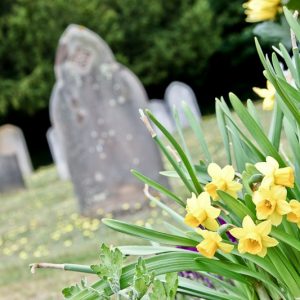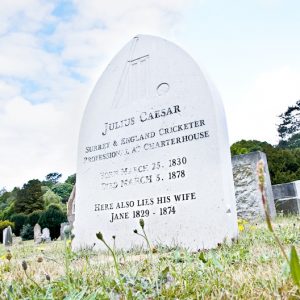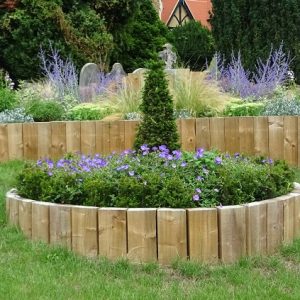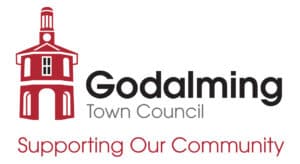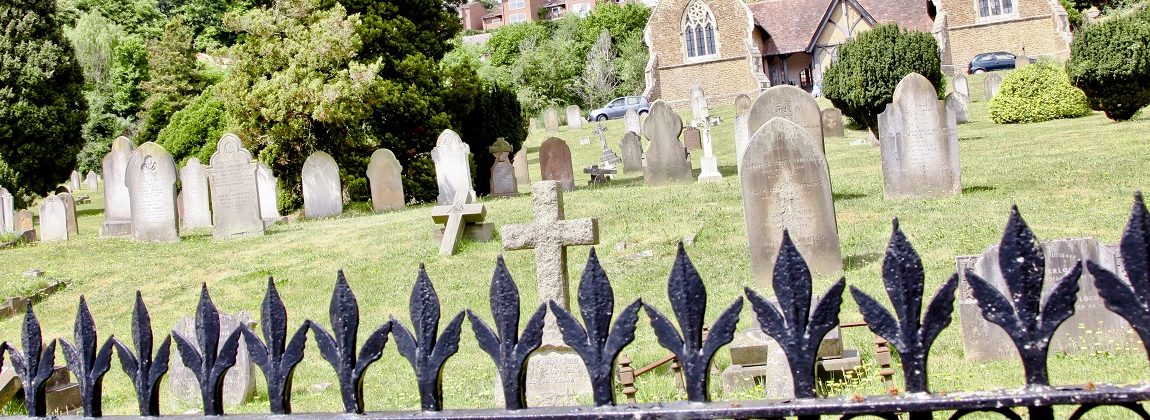
WHAT TO DO WHEN SOMEONE DIES
AT HOME
If the death occurs at home, the GP should be contacted to certify death. If the death was expected the GP will be able to complete the Medical Cause of Death Certificate; the Registrar will require this certificate when the death is registered. All deaths are required by law to be registered, see Registering a Death for details. The GP will explain the procedure to be followed if, for some reason, it is not possible at this time to complete the Medical Cause of Death Certificate.
If it has been decided that the funeral is to be a cremation, the doctor should be told. A separate form for the cremation is required and arrangements will have to be made for a second doctor to sign this form. The doctors will make a charge for this.
If at this stage it is not known whether the funeral is to be a burial or cremation, don’t worry as a cremation certificate can be completed at a later date.
Once the death has been certified a Funeral Director can be contacted to help make the funeral arrangements.
IN HOSPITAL, A NURSING OR CARE HOME
If the death occurs in an hospital, Nursing or Care Home the nursing staff will contact the next of kin. Additionally, in a Nursing or Care Home, as well as contacting the GP, they will also ask if you have a preference for a Funeral Director, you are free to use one of your choosing.
In a Nursing or Care Home, when the Medical Cause of Death Certificate is completed it will usually be left with the nursing staff. In an hospital the required certificates are usually administered by a Relatives Officer and the next of kin or their representative will be asked to visit the hospital and meet with the Relatives Officer who will give them the Medical Cause of Death Certificate; the Registrar will require this certificate when the death is registered. All deaths are required by law to be registered, see Registering a Death for details.
If it has been decided that the funeral is to be a cremation, the doctor should be told. A separate form for the cremation is required and arrangements will have to be made for a second doctor to sign this form. The doctors will make a charge for this.
If at this stage it is not known whether the funeral is to be a burial or cremation, don’t worry as a cremation certificate can be completed at a later date.
Once the death has been certified a Funeral Director can be contacted to help make the funeral arrangements.
SUDDEN OR ACCIDENTAL DEATH
If the death occurs at home, contact the GP who will visit and confirm death. If the death was sudden or unexpected the doctor will contact the Coroner. The Coroner will need to investigate the death and may request a Post Mortem be performed. A Police Officer will attend on behalf of the Coroner and they will ask if you have a preference for a Funeral Director, you are free to use a Funeral Director of your choosing. However, if you have no preference or cannot decide the Police will contact the duty Funeral Director. At this time the duty Funeral Director is acting for the Coroner, the final choice of a Funeral Director to make and carry out the funeral arrangements is yours. If you want another Funeral Director then contact them as soon as you can.
If the death was due to a road traffic incident or other incident, the police will arrange for the deceased to be taken to the Coroner’s mortuary. The Coroner as well as the Police will need to investigate the death.
A Coroner’s Officer or Police Officer will explain the procedures to you and keep you informed of what is happening. The Coroner will need to know if the funeral is to be a burial or cremation along with the name of the Funeral Director who will be making and carrying out the funeral arrangements; this helps the Coroner issue the correct certificates for the funeral to proceed.
Although the funeral arrangements cannot be confirmed until the Coroner and/or Police have completed their initial investigations, there is nothing stopping you from contacting a Funeral Director to start making provisional arrangements.
Further Information
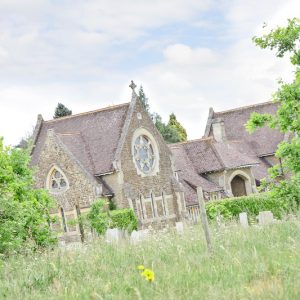
Eashing Cemetery
View of the Chapel from the Natural Burial Area
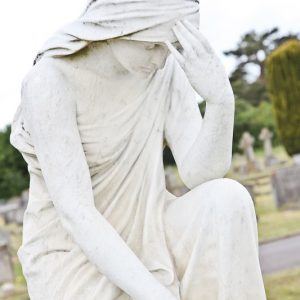
Eashing Cemetery – Memorial
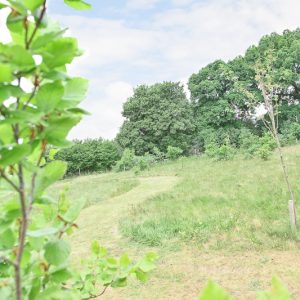
Eashing Cemetery – Natural Burial Area
